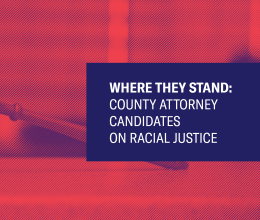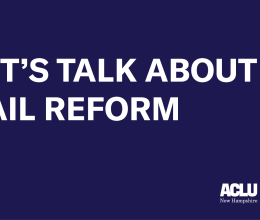
Defendant Heidi Brouillette is an indigent defendant charged with several offenses. Though she was initially provided a public defender, she chose to retain a private attorney for a substantially-reduced fee. During the criminal proceedings, her private attorney informed the trial court that she was going to plead not guilty by reason of insanity given her mental health conditions. Ms. Brouillette also filed a request that the State provide $2,000 in funds to secure an expert to conduct a psychological evaluation in support of her insanity defense. The trial court denied Ms. Brouillette’s request without examining whether these funds were necessary for an adequate defense. Instead, the trial court concluded that, because Ms. Brouillette is represented by a private attorney, her “ability to pay [for the expert] is presumed.” The trial court further explained: “The defendant may proceed with current counsel at her expense or, if she continues to qualify for court appointed counsel, the Public Defender’s office will be reassigned and then it can determine whether services other than counsel are warranted.”
As explained in the ACLU-NH’s Amicus Brief before the New Hampshire Supreme Court, in refusing to provide a state-funded expert to Ms. Brouillette simply because she was represented by private counsel, the trial court effectively held that an indigent defendant’s due process constitutional right to an expert necessary for an adequate defense only applies when the defendant is appointed a state-funded attorney and therefore waives her Sixth Amendment right to retain willing private counsel.
In an important victory for access to justice, the New Hampshire Supreme Court held on July 11, 2014 that RSA 604:A-6, which addresses the representation of indigent defendants in criminal cases, “cannot be read as prohibiting a court from authorizing necessary services to indigent criminal defendants who are self-represented, or who have pro bono, reduced fee, or retained counsel.” This decision affirms our legal system’s commitment to fairness and equal justice by ensuring that indigent individuals have a right to necessary experts regardless of whether they have a state-funded attorney. Moreover, this important decision interpreting RSA 604:A-6 recognizes that it is fundamentally unfair to require indigent defendants—simply because they lack financial means—to choose between their due process right to receive these services and their Sixth Amendment right to choose their own lawyer.
Legal Documents: Amicus Brief; NH Supreme Court Decision

